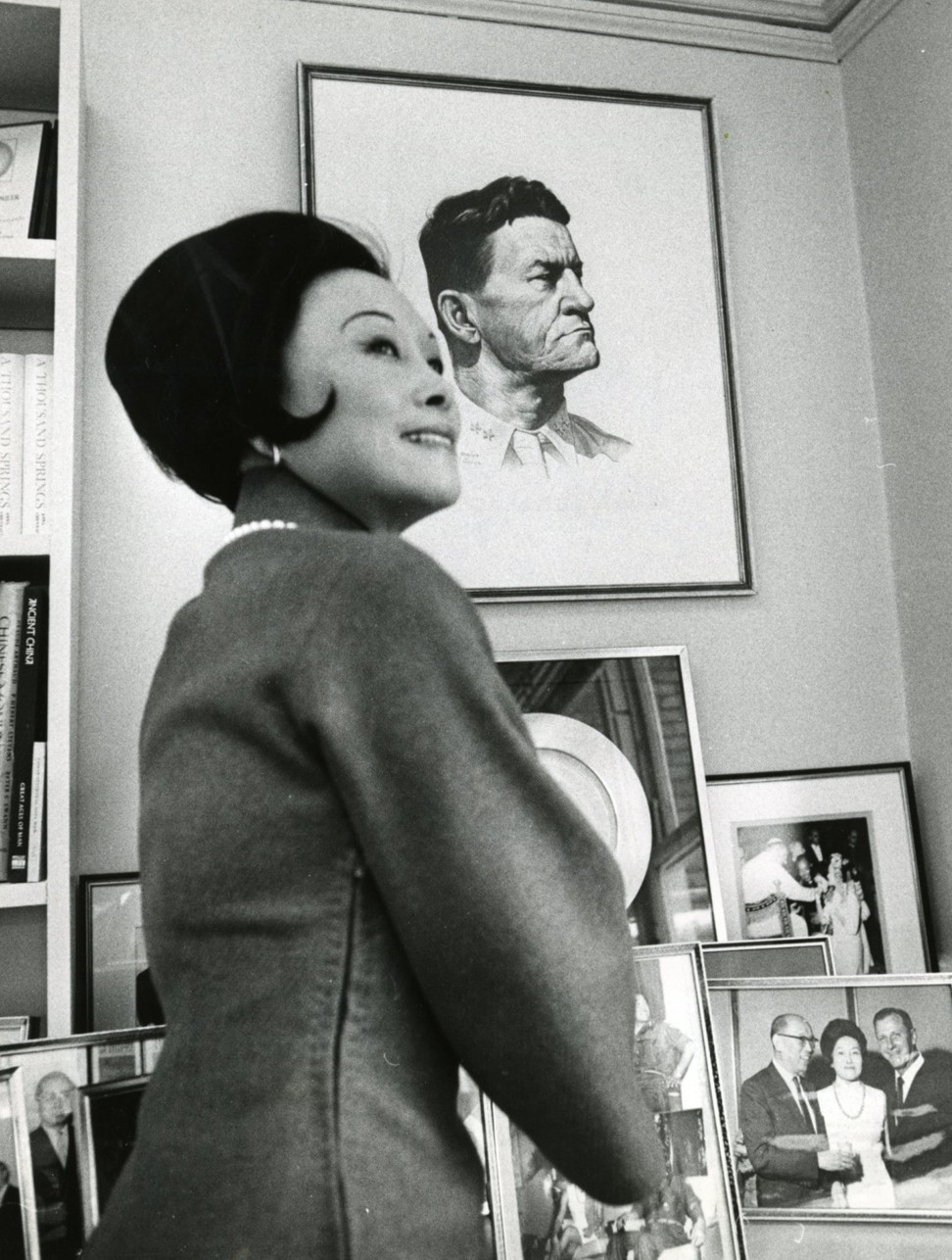
Anna Chennault: a lifetime of US-China diplomacy and the art of survival
Born in a tumultuous period in China, Anna Chennault, who died last month at the age of 94, deeply understood the art of survival, whatever the circumstance.
Her family fled Beijing for Hong Kong in 1937, before the Japanese army conquered the mainland capital. To escape rape when Japanese soldiers occupied Hong Kong, Chennault – born Chan Sheng Mai – fled with her five sisters to Guilin in 1941.
Having aspirations to be a great lady, Chennault persevered in continuing her studies at Lingnan University, at the time relocated to Guilin, and was awarded a bachelor’s degree in Chinese.
Being a journalist and fluent in English, she grasped the chance in 1944 to interview General Claire L. Chennault, the dynamic and charismatic leader of the Flying Tigers, a volunteer group of US airmen in China, then an American ally. They fell in love, and married in 1947.
The marriage to the swashbuckling general made Chennault a legend. She became a partisan of the Kuomintang and tirelessly exhorted America to support generalissimo Chiang Kai-shek, whom her husband admired very much. But her efforts were in vain, as America eventually abandoned the Kuomintang in the civil war against the Communist Party.

The dark side of politics did make Chennault more sophisticated. There are no permanent friends and antagonists in politics, she said, merely permanent reciprocities.
We may think of her as an opportunist and pragmatist, but her positive attitude to life and resilience amid adversity are worth imitating.
Barnaby Ieong, Macau

